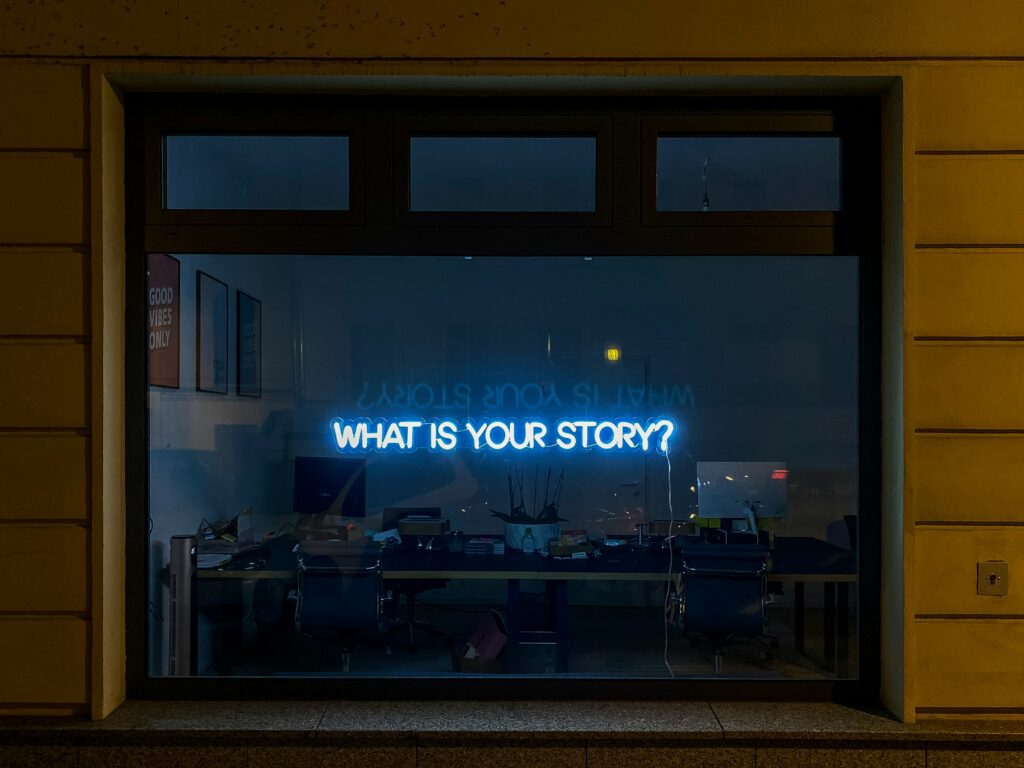
Not all authors come to writing with a strong background in the written word. Some people have been readers for a long time; others may have consumed stories more often via film and TV, through audio or games. Many have stories they long to tell, but they’re worried they don’t have the “right” skills, education, or ability.
After working directly with authors for a few years, I got used to apologetic queries from folks who had started writing a story they’d been thinking about for years, but now felt they needed help to finish. They’d include disclaimers about their knowledge of the publishing industry or caveats about their spelling, grammar, punctuation, sentence construction.
Sometimes they’d finished a few drafts and then seen all the “rules” touted by experts and tied themselves up in knots to make sure they weren’t doing things “wrong”, resulting in a manuscript with a smothered voice.
At the same time, of course, I was finding I was regularly giving similar feedback to different authors. There is a learning curve to any new skill, and the reason all these “rules” exist and strict advice gets passed around is because so many people go through the same processes as they develop their craft, and that means similar habits and “flaws” show up in their writing.
You don’t know what you don’t know.
One of the problems that face many writers – and editors, and publishers – is that many of us of certain generations and backgrounds were not taught grammar etc at school. If you’re working in publishing, you may well (but might not) have taken lessons and done training since then. You’ve almost certainly read up a lot and learned through experience and research. As important as this is, knowing the correct jargon and terminology is only helpful if the people whose words you are editing also know what all those words and concepts mean. If they don’t? Well… that’s how you end up with apologetic queries from people who want your services but are a bit intimidated by the whole process and by you personally. It’s one of the reasons publishing gets a reputation for gatekeeping (not the only one, of course. That’s an entirely separate and important discussion!). It’s a reason many people battle to complete a manuscript on their own and then never show it to anyone, much less try to publish it.
The Bothersome Words Writing Clinic is about author empowerment and confidence-building.
We live in a world where writing and stories are changing all the time. We watch far more TV these days – and a lot of us don’t just watch, we binge watch! We play games of all kinds, and many of those come with stories and characters we interact with. We are bombarded with news and advertisements and cute videos online and all of these use story in some way.
So why are we still sticking to teaching writing based on literature structure alone?
What would happen if we talked to writers, and to each other, without the jargon? If we simplified the rules and looked at different ways of approaching storytelling?
The Writer’s Editor
In 2014, I began a research project called “The Writer’s Editor” in order to explore the different ways we learn about and understand stories and their construction. With grant support from the Australia Council Literary Board, I was able to speak to and survey writers and creators from different fields, genres, countries and backgrounds about their writing processes, in order to discover new ways to communicate with authors and help them develop their work.
Having used the results of this research to develop my existing processes and workshops, in 2019 I updated and re-ran the survey and, with the support of NSW Government through Create NSW, was able once more to travel internationally to learn from writers from various fields and backgrounds, which culminated in the creation and development of the Bothersome Words Writing Clinic.
The Clinic combines tips and techniques sourced from various fields — film, music, art, gaming, advertising etc — with my own knowledge and experience as an editor, to help writers explore different ways of writing, developing and editing their own work. It is specifically designed to break away from, or at least break down, traditional writing “rules” and jargon that can sometimes intimidate or discourage emerging writers.
While the Clinic is intended for writers to complete their own manuscript in order to pursue either traditional or self-publishing, at its heart, it is more about the journey. It is designed for writers to discover new approaches to their stories and characters, and to equip them to analyse and self-edit their work now and into the future. In short, it is as much about author empowerment and confidence-building as it is about learning specific skills.
